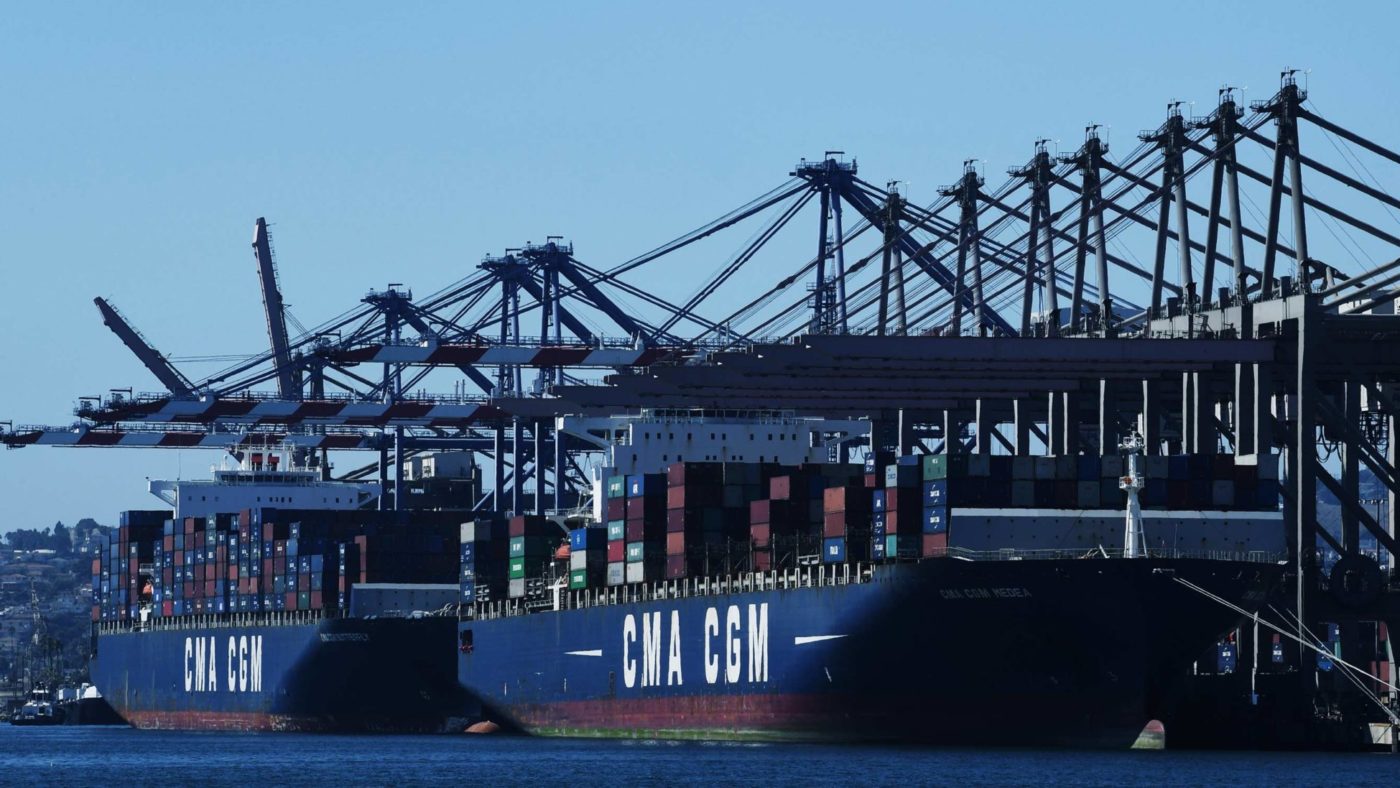We’re just months away from Brexit and we still don’t know what the much touted phrase “Global Britain” means. The Foreign Office and other overseas departments have a rough idea: the UK should be an outward looking, major power and so on. But, thus far, it amounts to little more than opening a few diplomatic posts in far flung parts of the world. Is that it?
We’re debating the future of Global Britain this morning on a CapX panel at Conservative Party Conference.
It is clear that the concept of Global Britain needs more thought. As someone who has served on the last four major UK military campaigns and has worked with other overseas government departments, I’d make three points.
First, we should view the world through the prism of values and interests. Second, we should seek to integrate effects. Third, we should become the global champion for a small number of critical issues that identify our nation.
First, how do we view the world? I’d suggest by looking at overseas policy through the prism of values and interest. We need to identify those with whom we have shared values, and seek to deepen those ties as much as possible.
For example, the Anglophone world is one where our values and interests almost completely overlap: the US, Canada, Australia and New Zealand. Brexit gives us the opportunity to deeper our ties: defence, trade and immigration to name but a few. Next come the states of the EU with whom we very largely share values.
Then there are states with whom we share few values, but many interests. Perhaps the most important is China. We have few shared political values, such as the rule of law and freedom of speech, but we share many interests, such as a commitment to globalisation and free trade. And while China seeks to bend the current system to its interests more, it does not, unlike say Russia, seek to undermine it.
Next, I’d aim for greater integration of the UK’s overseas policy — we don’t have anything like enough of it at the moment. Nearly half a dozen departments do global policy: the FCO, DfID, DIT, Defence, plus the Cabinet Office and Downing Street. I am sure there is more we could do to integrate them all under a reinvigorated Foreign Office. On the ground we need more integration here too. There needs to be a single, national purpose.
Departments that want to keep the rest of UK PLC at arms length, as DfID used to, need to be bluntly told that that luxury is no longer an option. We need to combine hard and soft power to become the world’s most effective smart power nation.
Third, let’s seek global leadership of a small number of critical campaigns on issues that speak to Britain’s core interests and values. One such area is trade. Britain should become the global champion of a reformed WTO. The US has — for now at least — given up that role. The EU, for its part, is not exactly a paragon of free trade virtue and China has abused the system for years. The UK, out of all the major UN Security Council powers, is uniquely placed to campaign for change, seeking to find terms acceptable to the US as well as China and other major trading nations. It will also give us the chance to build or deepen global relationships.
Another area on which the UK could become the lead nation fighting global slavery and indentured labour. Following the UK’s Modern Slavery Act, we should use our position in the UN to fight the scourge of modern slavery, and related to that to become the champion for global human rights — not in a posturing PC way — but as a fundamental fight for equality between races, religions and genders. There are few who could claim this mantel. We can.
Finally, Britain should become the champion of free thought via a renewed and reinvigorated BBC. At the moment the World Service is funded through a mish-mash of government departments. As part of a significant redefining of the 0.7 percent commitment to international aid, the BBC World Service should be entirely funded via DfID and expanded.
We are in a global battle for influence between authoritarian states and liberal democracies. Global Britain needs to understand that, and fight for the values for freedom: of thought, of expression, of trade.


